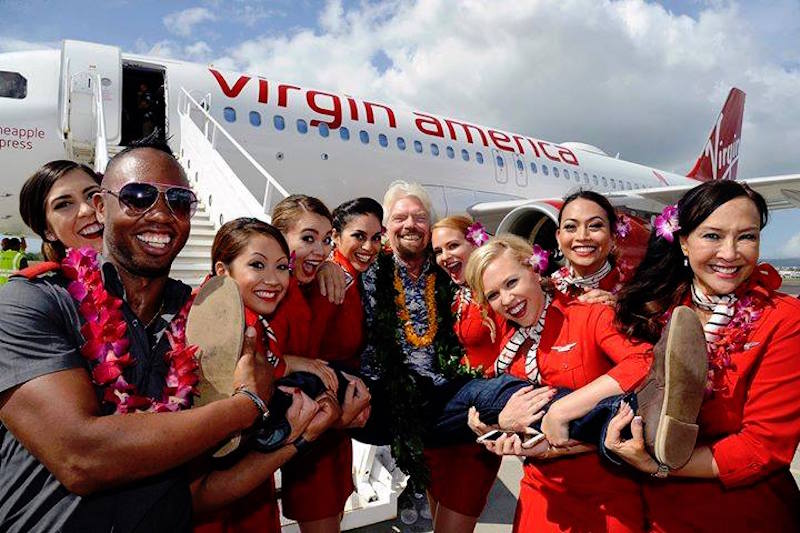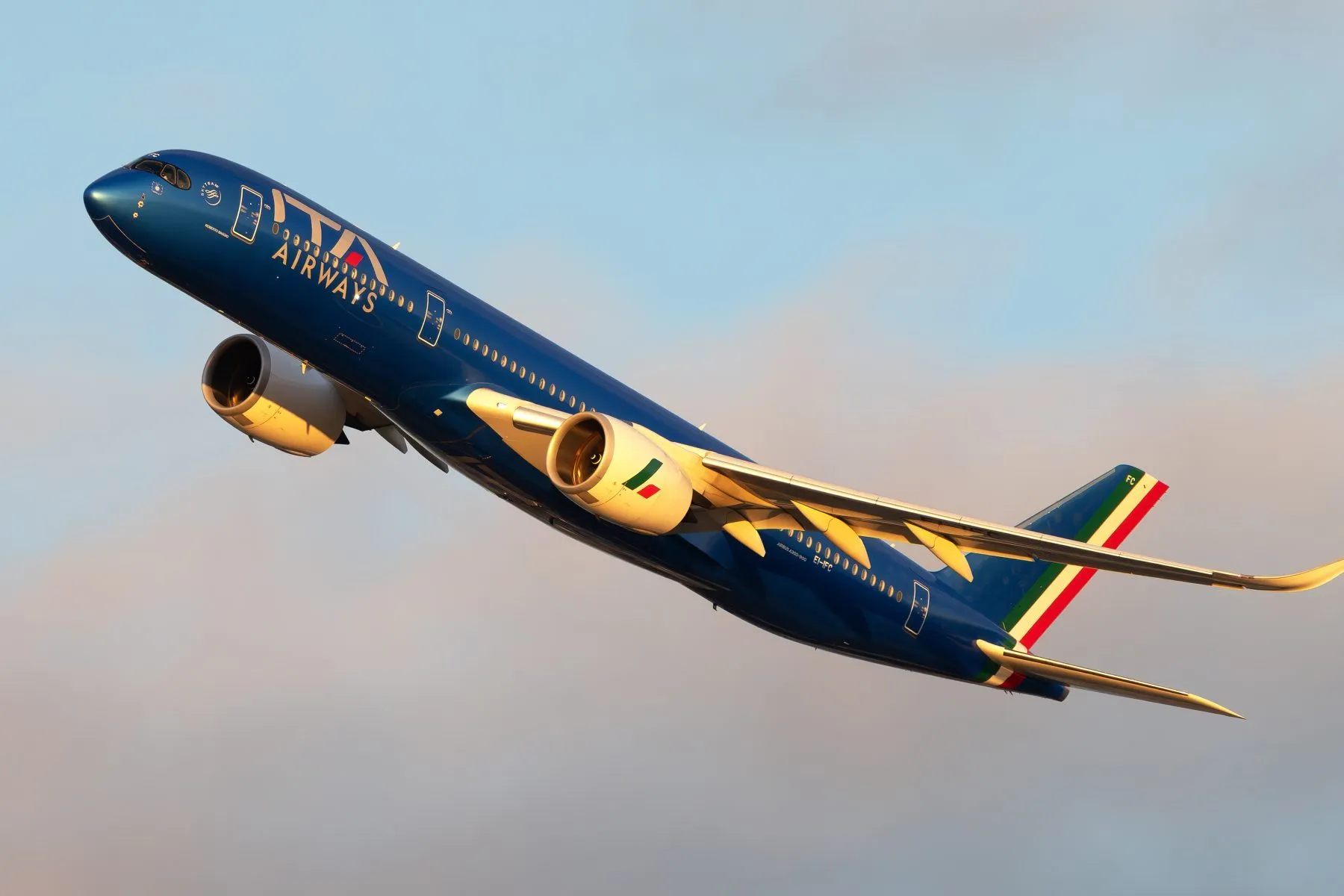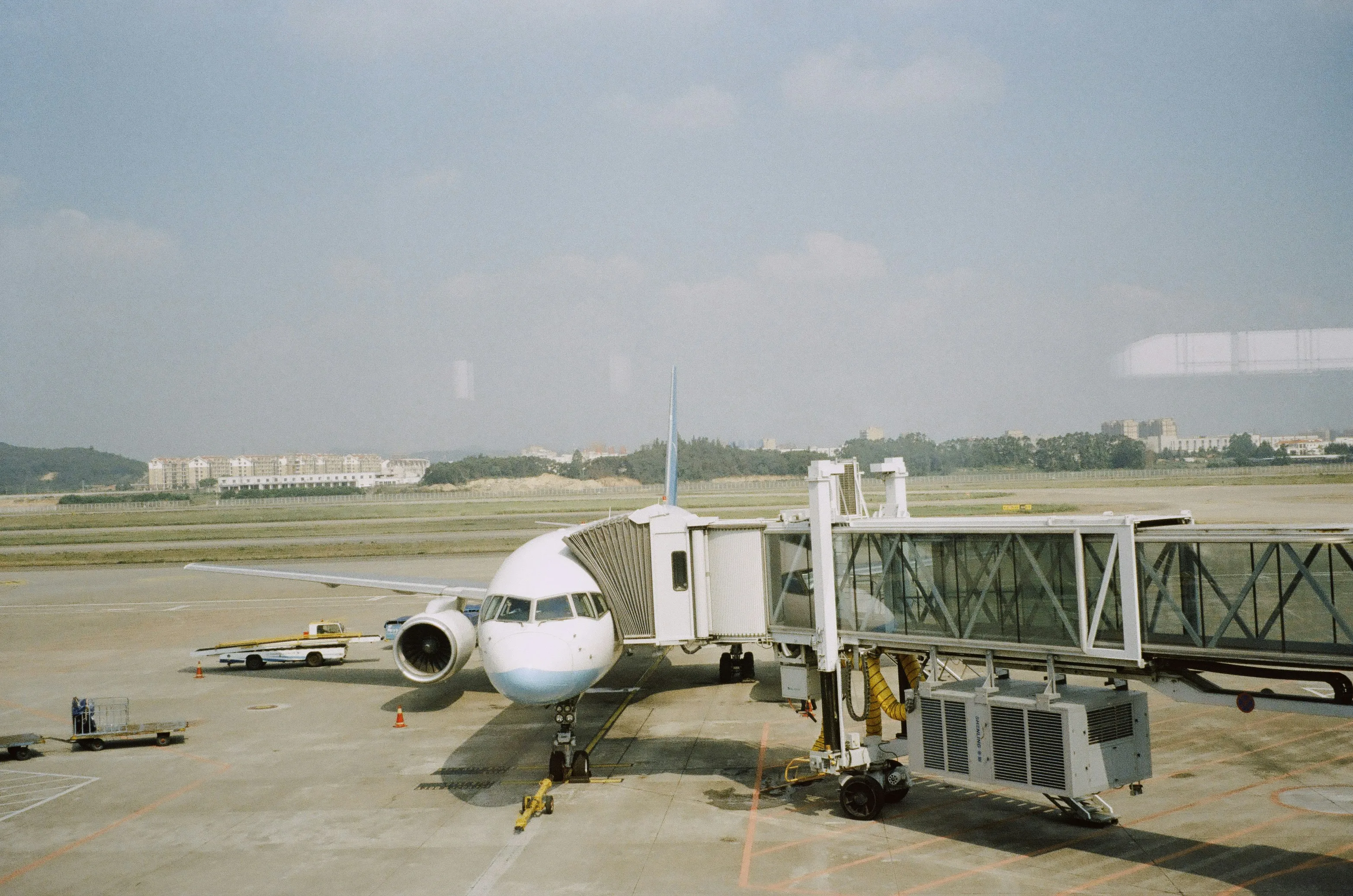Alaska Airlines Still Plays It Coy About Fate of Virgin America Brand

Skift Take
Alaska Airlines said Thursday it expects its merger with Virgin America to close in the fourth quarter, but the carrier reported it has not decided how it might incorporate Virgin America's brand into the combined entity.
Alaska's executives are in a bit of a tricky situation. When they announced their deal to acquire Virgin America in April for $2.6 billion, they suggested that they would essentially retire the upstart airline's brand, which is licensed from Virgin Group. But over time, Alaska executives have softened their stance, saying they might keep elements of Virgin America's brand. Alaska wants to retain Virgin America's customers, and it said Tuesday is expects to make a final decision on the brand by early 2017.
"As we said before, the Alaska brand is staying," Alaska CEO Brad Tilden said on the carrier's second quarter earnings call. "We are also doing in-depth market research to better understand the elements of Virgin America's brand and product that customers love most, especially in California."
In a June speech, Tilden suggested Virgin America might consider operating two brands at once. That approach has worked outside the United States, including at International Airlines Group, which operates Aer Lingus, British Airways, Iberia and Vueling. But it generally has not been tried here, and J.P. Morgan analyst Jamie Baker questioned executives on whether it would work at an airline with Alaska's model.
"Could you identity any airline within an ailrine construct anywhere in the world where margins approached those of Alaska Air Group?" Baker asked.
Tilden demurred, saying the airline would have an answer soon.
"I think we're not going to say a lot more at this point," he said. "We are looking at a lot of data. We are looking at what is attractive in California to customers about the Virgin America offerings. We are just trying to think about what might be best for our company going forward. I think the best thing for the owners of this company is for us to do this work quietly."
Regardless of what Alaska decides, Tilden stressed the airline needs to retain Virgin America's people and its culture.
"We know that when mergers don't succeed, especially in our industry, often people, or in other words, the culture, is the culprit," Tilden said. "This is an area where we are spending a lot of time."
Alaska said it is working with the U.S. Department of Justice to persuade it to approve the merger. Alaska General Counsel Kyle Levine said the government is examining route overlaps between Virgin America and Alaska -- the airlines say they compete head-to-head on seven routes -- and the "fare philosophies" at both carriers. Alaska is telling the DOJ it will remain a "low fare, high value airline," Levine said.
"The DOJ is looking really closely, as we expected," Levine said. "We are still really confident that we can close in Q4, and what is going to come into focus for the department is the great pro-consumer combination."
J.P. Morgan's Baker, however, said he wondered if Alaska was being too optimistic. He noted this DOJ has previously moved to block other mergers, including the US Airways/American merger. The government dropped its challenge in 2013, after the combined entity agreed to divest some of its holdings at seven airports.
"I can't escape this nagging feeling that DOJ may prove susceptible to its own emotions, when it comes to the subject of airline M & A" Baker said.
If the DOJ moved to block the merger, Levine said Alaska would do what it could to satisfy the government. But he said it is "highly unlikely" the government would consider the merger anti-competitive.
If the government does approve, Alaska said it would operate the two airlines as separate entities until at least early 2018. At that point, the company likely would merge its two operating certificates into one.




